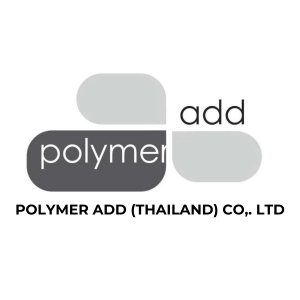Using micronized sodium sulfate as a filler in plastics can offer several commercial benefits depending on the application and requirements. Some of these benefits include:
Cost Reduction
Micronized sodium sulfate is often less expensive than other fillers or additives commonly used in plastics. By replacing more costly ingredients with micronized sodium sulfate, manufacturers can reduce production costs while maintaining desired properties in the final product.
Enhanced Mechanical Properties
Micronized sodium sulfate can improve the mechanical properties of plastics, such as stiffness, impact resistance, and dimensional stability. This enhancement allows for the production of stronger and more durable plastic products without compromising other properties.
Improved Processing Characteristics
The addition of micronized sodium sulfate can modify the rheological properties of plastics, improving their processability during molding, extrusion, or other manufacturing processes. This can result in faster cycle times, reduced energy consumption, and improved production efficiency.
Tailored Properties
By adjusting the filler loading and formulation, manufacturers can tailor the properties of plastics to meet specific performance requirements for various applications. This versatility allows for the production of customized products that address the needs of different markets and customers.
Environmental Benefits
Micronized sodium sulfate is a naturally occurring mineral and is non-toxic, making it a more environmentally friendly option compared to some other fillers or additives. Additionally, using micronized sodium sulfate as a filler can contribute to reducing the overall environmental footprint of plastics manufacturing by utilizing a readily available and sustainable resource.
Improved Product Performance
Incorporating micronized sodium sulfate into plastics can enhance various properties such as heat resistance, chemical resistance, and barrier properties. This improvement can extend the lifespan of plastic products and expand their range of applications, leading to increased market competitiveness and customer satisfaction.
Regulatory Compliance
Micronized sodium sulfate is generally recognized as safe (GRAS) for use in food contact applications by regulatory authorities such as the FDA. Using micronized sodium sulfate in plastics can help manufacturers comply with regulatory requirements and ensure the safety and quality of their products for end-users.
